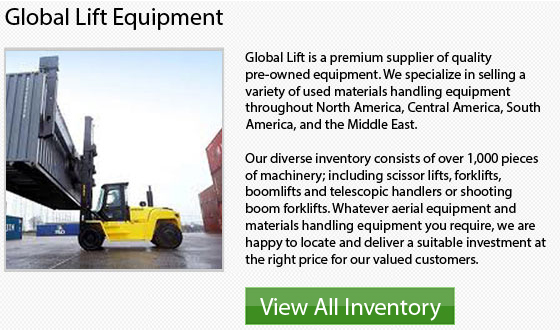
Many corporations today are trying to and be environmentally responsible. They desire cleaner products to use in their places of business. To be able to meet these expectations, forklift companies as well as their suppliers are considering other fuel ideas and cleaner burning energy sources.
Technology is now able to help manufacturers build units that when compare to their internal combustion or IC counterparts use less overall energy, reduce carbon footprints and cost less to operate. These new designs are creating an obvious shift in the forklift market. A lot of manufacturers have since been prompted to invest more into the research and development of these emerging machines.
Approximately 60 percent of today's forklift market is represented by electric units. This is up from roughly 45% about 20 years ago. More and more businesses and companies are enjoying less operating costs by choosing electric. For example, the cost efficiency alone in regards to the fuel and maintenance costs save companies thousands of dollars. The electric models compared to IC models, provide a longer life to the fleet and the reduced emissions within the facility enable much better air quality for those working indoors.
Reduced Emissions: There is a better overall improvement in operating condition as these models do not emit carbons and carcinogens. This has resulted in better health for all employees working near forklifts.
Less Expenses: Less operating costs have resulted from less moving components and the reduction in heat being produced.
Reduced Fuel Costs: When properly maintained and taken care of, batteries and chargers cost significantly less than Liquid Propane models and the electric models provide more stability and better costs.
Improved Operator Ergonomics: IC or internal combustion engines not only produce emissions but also give off much heat and vibration. Both of these situations could really result in operator exhaustion.